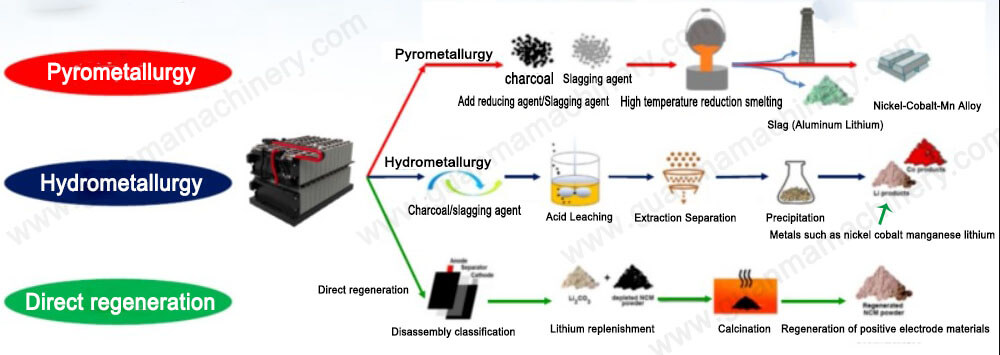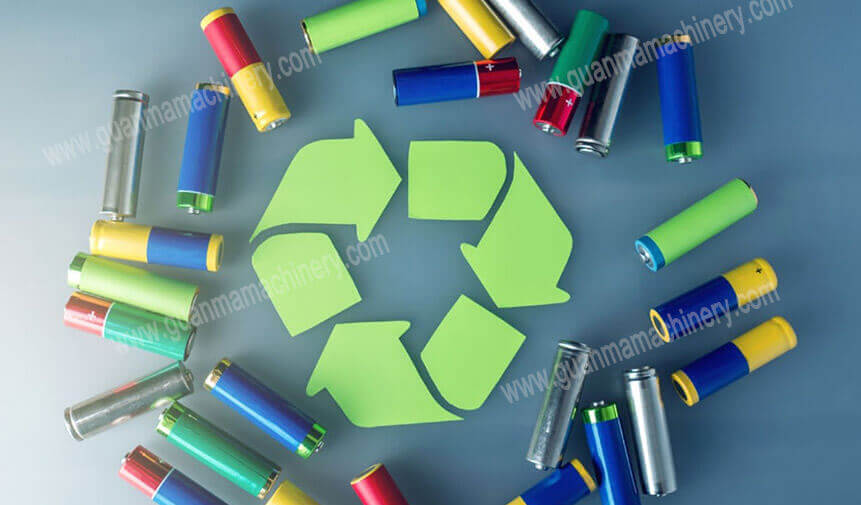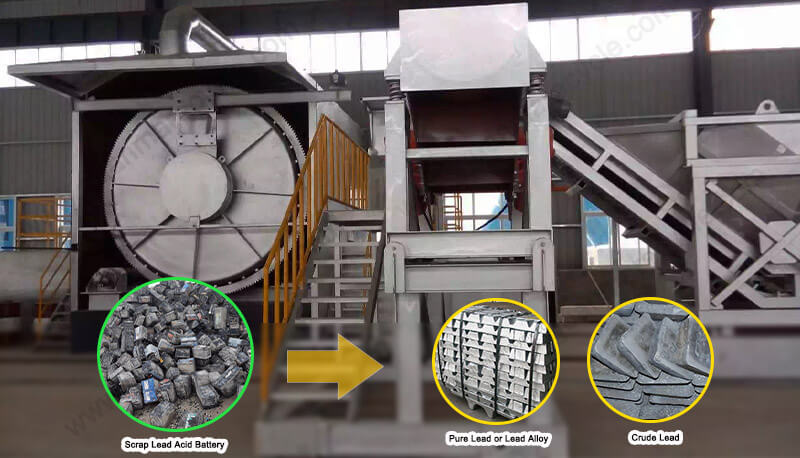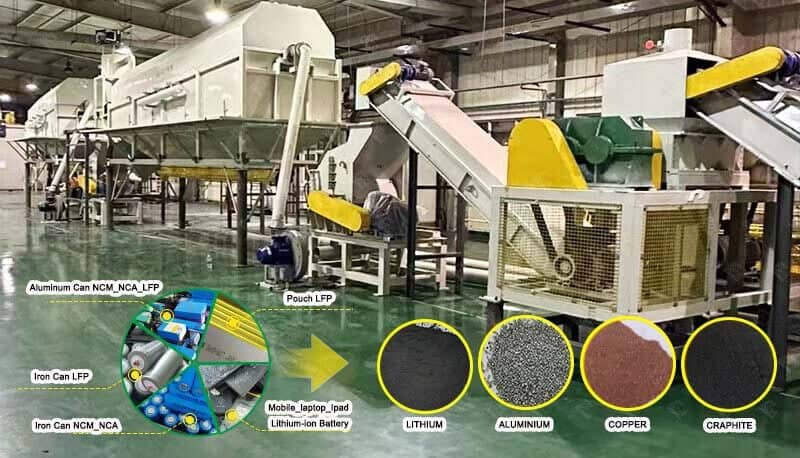In the realm of sustainable energy and eco-friendly practices, coconut shell charcoal making machines have emerged as a beacon of innovation. These machines convert abundant coconut shells into high-quality charcoal through a process known as pyrolysis. But what does it take to start a venture in this niche, and what are the costs involved? Let’s explore the intricacies of the coconut shell charcoal making process and understand the price points associated with this profitable endeavor.
The Coconut Shell Charcoal Making Process: A Step-by-Step Breakdown
The journey from coconut shells to premium charcoal begins with a meticulous selection of raw materials. Quality coconut shells are crucial for producing charcoal with optimal properties. Once sourced, the shells undergo a series of treatments before entering the heart of the process – the pyrolysis chamber.
Pyrolysis is the heart of the coconut shell charcoal making machine. In this chamber, the shells are exposed to high temperatures in the absence of oxygen. This controlled environment ensures that the shells decompose without burning, leaving behind pure charcoal and byproducts like wood vinegar and bio-oil.
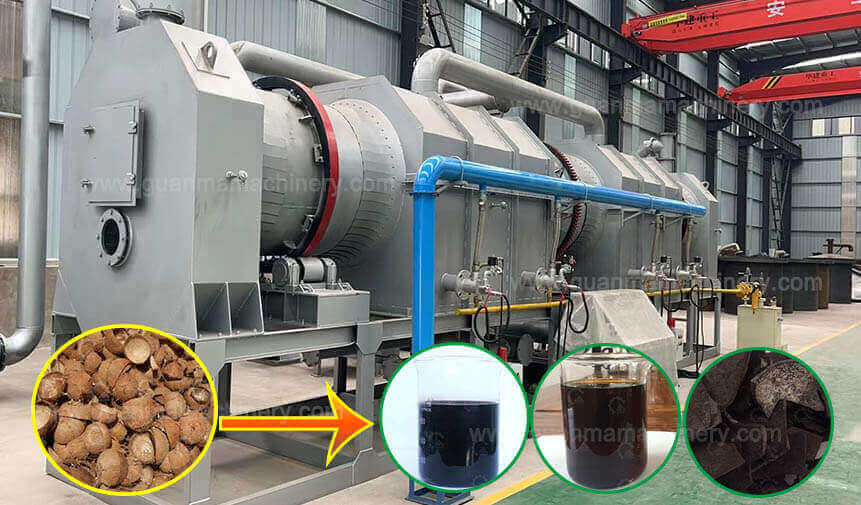
The Cost Factor: Understanding Coconut Shell Charcoal Making Machine Prices
Investing in a coconut shell charcoal making machine can vary greatly in cost, influenced by factors such as machine capacity, technology level, and additional features like automation. For those seeking to enter this market, thorough research and clear business planning are essential to identify the most suitable machine for their budget and production goals.
Evaluating the ROI: Benefits of Coconut Shell Charcoal Production
The cost of purchasing a coconut shell charcoal making machine is only the beginning of the story. The real value lies in the potential return on investment. Coconut shell charcoal commands a premium price in markets due to its high calorific value, long-burning duration, and minimal ash residue. With proper marketing and distribution strategies, entrepreneurs can swiftly recoup their initial investment and enjoy substantial profits.
Moreover, the byproducts of the pyrolysis process—wood vinegar and bio-oil—offer additional revenue streams. These byproducts can be sold to industries requiring chemical components, further enhancing the profitability of the operation.
The coconut shell charcoal making machine represents a fusion of sustainability and profitability. By converting a readily available waste product into a sought-after commodity, this machinery not only addresses environmental concerns but also opens doors to a lucrative business opportunity. Whether you’re a seasoned entrepreneur or a newcomer to the industry, the potential of coconut shell charcoal production is undeniable. Begin your journey today and join the ranks of those who are making a difference while reaping the rewards.

